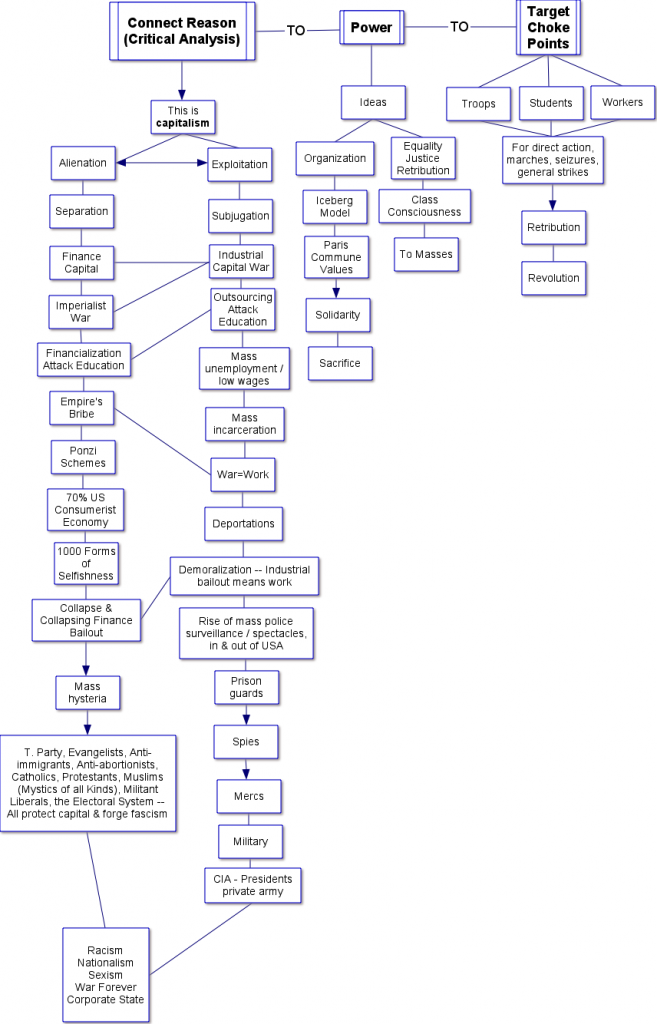The Department of Education, University of Athens, Greece is hosting the
2nd INTERNATIONAL CONFERENCE ON CRITICAL EDUCATION
10-14 July 2012, Athens, Greece
Organized by the journals:
JOURNAL OF CRITICAL EDUCATION POLICY STUDIES (UK)
CULTURAL LOGIC (USA/CANADA)
KRITIKI (GREECE)
RADICAL NOTES (INDIA)
ICCE Conference Website: http://icce-2012.weebly.com/index.html
Some of last year’s papers (from the 2011 conference) will go into a special edition of JCEPS, the Journal for Critical Education Policy Studies, coming out in around April 2012. In addition, all the papers that were presented at the 2011 conference and were submitted in written form will be published as conference proceedings in the next couple of months.The website is in process of improvement, e.g. re methods of payment, also final keynote speakers not yet confirmed.. we are asking Dennis Beach, Dave Hill, Marnie Holborow, and Alex Callinicos. As well as leading Greek Marxists/critical educators. So, hope to see you at this conference in Athens in July! Last year’s was great- politically, intellectually, socially!
INTERNATIONAL PROGRAM COMMITTEE (subject to confirmation)
Kostas Skordoulis (University of Athens, Greece)
Dave Hill (Universities of Middlesex, United Kingdom; Limerick, Ireland; Athens, Greece)
Peter McLaren (University of Auckland, New Zealand)
Grant Banfield (University of South Australia, Australia)
Dennis Beach (University of Göteburg, Sweden)
Ramin Farahmandpur (Portland State University, Oregon, USA)
Marnie Holborrow (University College Dublin, Ireland)
Alpesh Maisuria (Anglia Ruskin University, United Kingdom)
Sharzad Mojab (University of Toronto, Canada)
Ravi Kumar (South Asian University, New Delhi, India)
Deborah Kelsh (College of St. Rose, Albany, NY, USA)
Curry Malott (West Chester University, Pennsylvania, USA)
Gregory Martin (University of Technology, Sydney, Australia)
Micheal O’Flynn (University of Limerick, Ireland)
Perikles Pavlidis (Aristotle University of Thessaloniki, Greece)
Brad Porfilio (Lewis University, Romeoville, Illinois, USA)
Martin Power (University of Limerick, Ireland)
Helena Sheehan (University College Dublin, Ireland
Juha Suoranta (University of Tampere, Finland)
Spyros Themelis (Middlesex University, United Kingdom)
Salim Vally (University of Witwatersrand, Johannesburg, South Africa)


